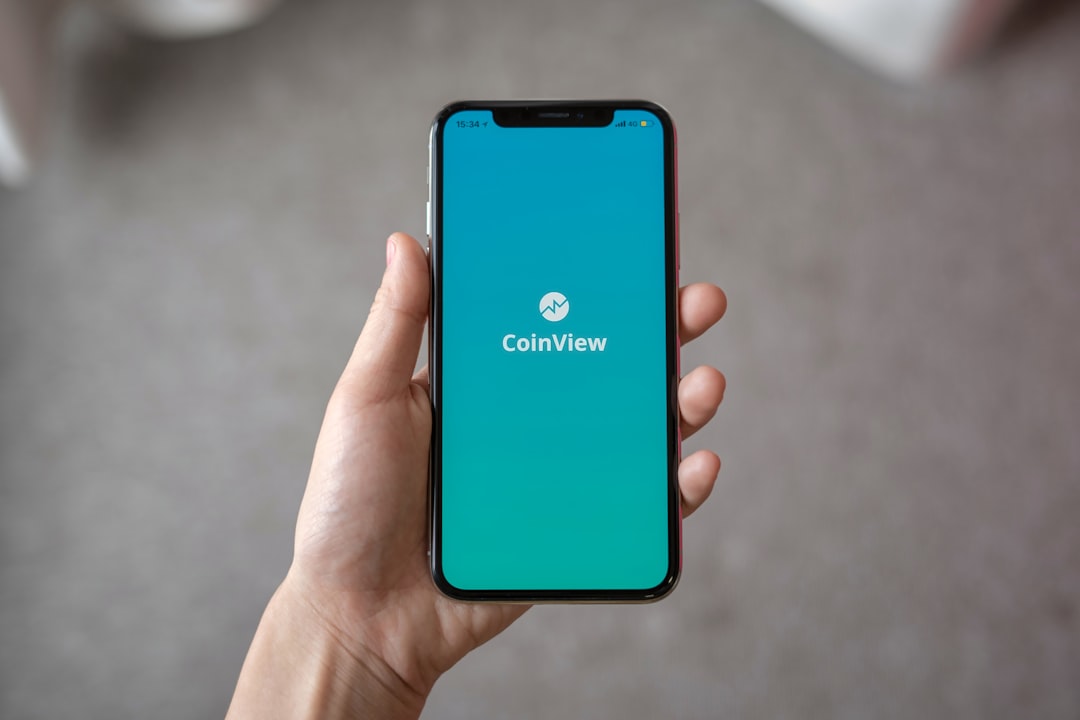South Carolina residents can combat robocalls through legal avenues like the Telephone Consumer Protection Act (TCPA) and National Do Not Call Registry. A lawyer specializing in robocall laws can guide them on filing FTC complaints or taking legal action. Preventive measures include securing call settings, updating privacy, using call-blocking apps, and consulting legal experts for robust protection against unwanted automated calls.
In the digital age, robocalls have become a ubiquitous nuisance, particularly in South Carolina. These automated phone calls, often illegal and unwanted, can be frustrating and even dangerous. Understanding your rights under South Carolina laws is crucial to protecting yourself from robocallers. If you’re facing relentless calls, consulting a lawyer specializing in robocall litigation in South Carolina can provide legal recourse. This article guides you through the process of dealing with robocalls, offering practical advice on prevention and seeking damages when necessary.
Understanding Robocalls and South Carolina Laws

Robocalls, automated phone calls that deliver recorded messages, have become a ubiquitous yet unwanted nuisance across the country, including South Carolina. While many robocalls promote legitimate products or services, others are malicious attempts to scam unsuspecting individuals. In South Carolina, laws exist to protect residents from these intrusive and often fraudulent calls.
According to the South Carolina Attorney General’s Office, certain types of robocalls are strictly regulated by state law. These include calls made using an automated dialing system or prerecorded messages for marketing purposes without prior express consent from the recipient. If you’ve received a robocall in South Carolina and suspect it may be illegal, consulting with a lawyer specializing in robocall laws can help you understand your rights and take appropriate action.
Rights of Consumers Against Unwanted Calls

In South Carolina, consumers have rights when it comes to protecting themselves from unwanted phone calls, especially robocalls. The Telephone Consumer Protection Act (TCPA) grants individuals significant powers to combat intrusive and harassing calls. If you’ve been a victim of robocalls, you’re not alone; millions of Americans face this issue annually. Knowing your rights is the first step towards reclaiming control.
Consumers can take action by registering their phone numbers on the National Do Not Call Registry, which restricts most telemarketers from calling. In cases where a lawyer for robocall services is involved, affected parties may have legal recourse. Many South Carolina residents find solace in TCPA lawsuits, which enable them to seek compensation and deter future unauthorized calls.
Actions to Take When Targeted by Robocallers

If you’re receiving unwanted robocalls in South Carolina, there are several steps you can take to protect yourself. First, consider registering your number on the National Do Not Call Registry. This federal list restricts telemarketers from calling your number without prior consent. Additionally, many smartphone apps offer robust call-blocking features and can help identify and filter out robocalls.
For more advanced protection, consult a lawyer specializing in robocall laws in South Carolina. They can guide you on legal options available to stop persistent robocallers. These may include filing a complaint with the Federal Trade Commission (FTC) or taking legal action against the perpetrators. Staying informed about your rights and leveraging these measures can significantly reduce the number of unwanted calls you receive.
Legal Recourse for Damages Caused by Robocalls

If you’ve been a victim of robocalls in South Carolina, it’s important to know that there are legal avenues to explore for seeking damages and holding perpetrators accountable. The Telemarketing and Consumer Fraud Act (TCFA) is a federal law designed to protect consumers from deceptive telemarketing practices, including unwanted robocalls. This legislation provides a framework for individuals to take action against companies or individuals engaging in such activities.
In South Carolina, as in many states, there are additional laws and regulations that complement the TCFA. If a robocall violates these local laws, victims may be entitled to compensation for any financial loss or emotional distress suffered. Consulting with a lawyer specializing in robocall cases can help navigate these legal options and determine the best course of action to seek justice and potentially recover damages.
Preventive Measures: Securing Your Phone from Automated Calls

To protect your phone from robocalls in South Carolina, implementing preventive measures is crucial. Start by ensuring your call settings are secure. Update your privacy settings on all applications and social media platforms to limit access to your phone number. Consider using a dedicated phone line for important communications, separate from any services that might share your number. Additionally, install reputable call-blocking apps or hardware devices designed to filter out automated calls. Regularly update your device’s operating system and security software to patch vulnerabilities exploited by robocallers.
Engage in careful consideration when sharing your phone number publicly. Be cautious about providing it on online forms, contests, or surveys. If a service doesn’t require your number for essential functions, think twice before submitting it. Consult with a lawyer for robocall laws in South Carolina to understand your rights and the legal avenues available against persistent or harassing calls. By adopting these measures, you significantly reduce the likelihood of becoming a target for automated calls.






